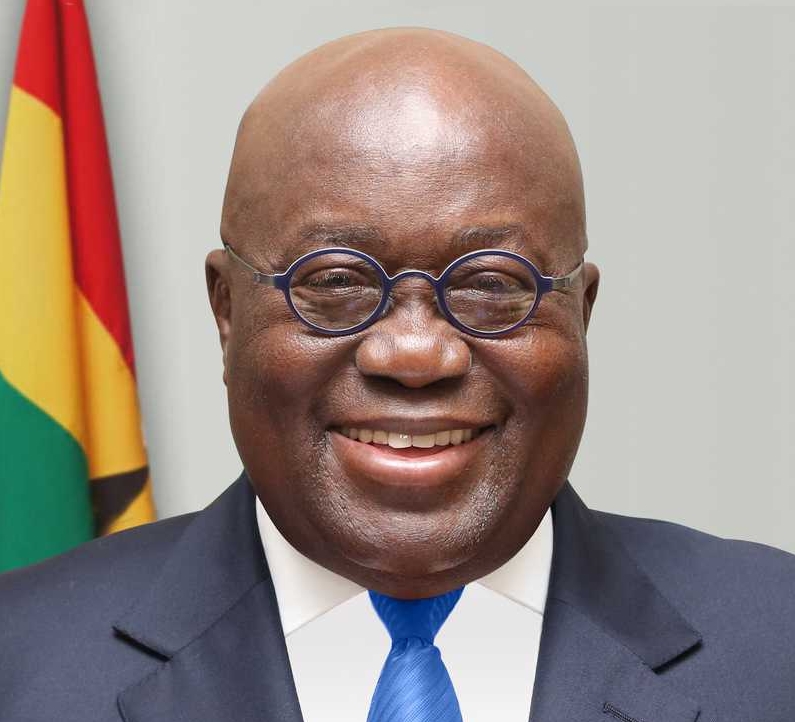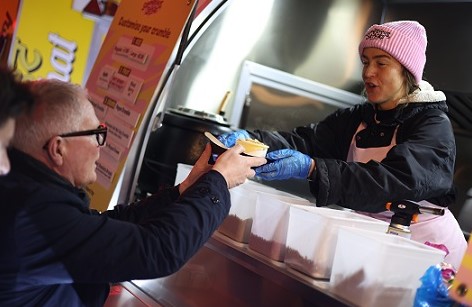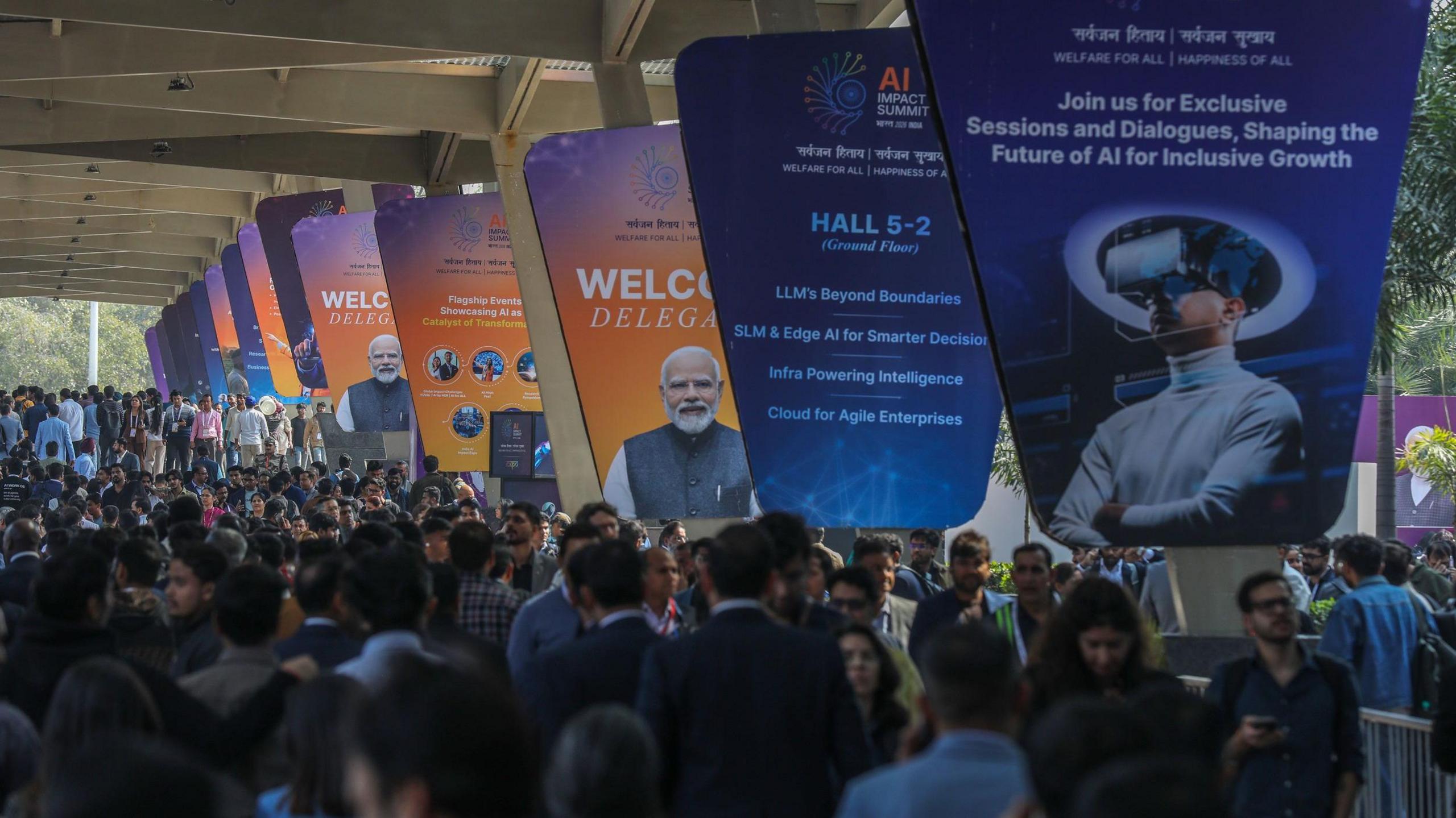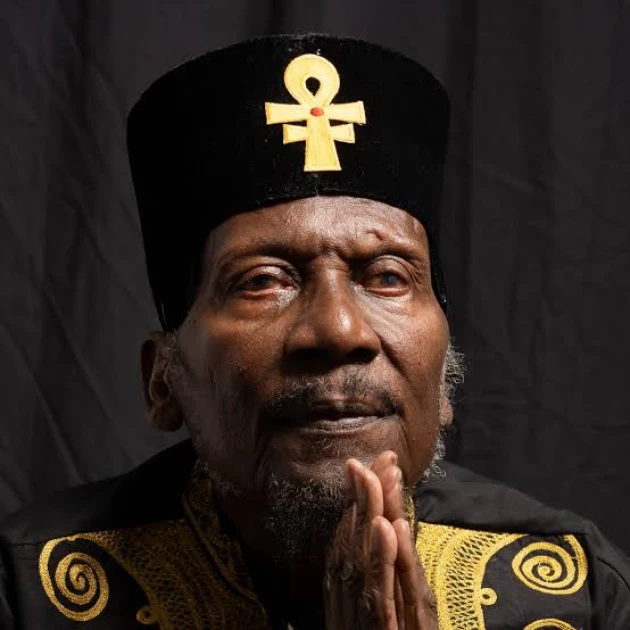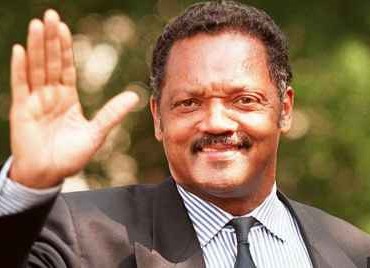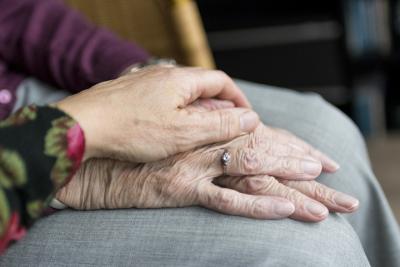Ghana is set to have a hung parliament next year after the opposition won the outstanding Sene West constituency in the central part of the country. The vote count was delayed because of a dispute. Both the ruling party and the opposition now have 137 seats each -plus there is one independent MP - making up a total of 275 MPs in Ghana's parliament. This could pose a serious challenge to President Akufo-Addo's second term.
He was declared winner of the elections, in December, but lost the 60% parliamentary majority he had in his first term. Even though the sole independent MP has pledged his support to the ruling party, the laws of the country require that a greater proportion of ministers be appointed from parliament.
This means a number of the ruling party MPs doubling as ministers may not be in parliament at all time to push through, bills, proposals and contracts submitted for approval. Experts have said that a hung parliament will ensure an effective oversight role of the legislature but could also stall government programmes and policies especially if the opposition decides to frustrate the government.
A hung parliament will complicate Akufo-Addo’s efforts to act decisively to restore an economy hurt by the fallout from the Covid-19 pandemic. The global health crisis has driven Ghana’s ratio of debt to gross domestic product to 71% in September, the highest in four years. Before the crisis, Africa’s biggest gold producer was already under fiscal pressure due to the costs of cleaning up the banking sector and energy-sector liabilities.
Kobi Annan, an analyst at the U.K./Ghana-based Songhai Advisory, said: “The NDC will have power that no opposition party has had under the fourth republic: an opposition that can veto what they want.”
The NDC is building up a case to challenge the outcome of both the presidential and parliamentary elections, where it said it got a working majority of 140 seats, instead of the 137 it’s been awarded.



